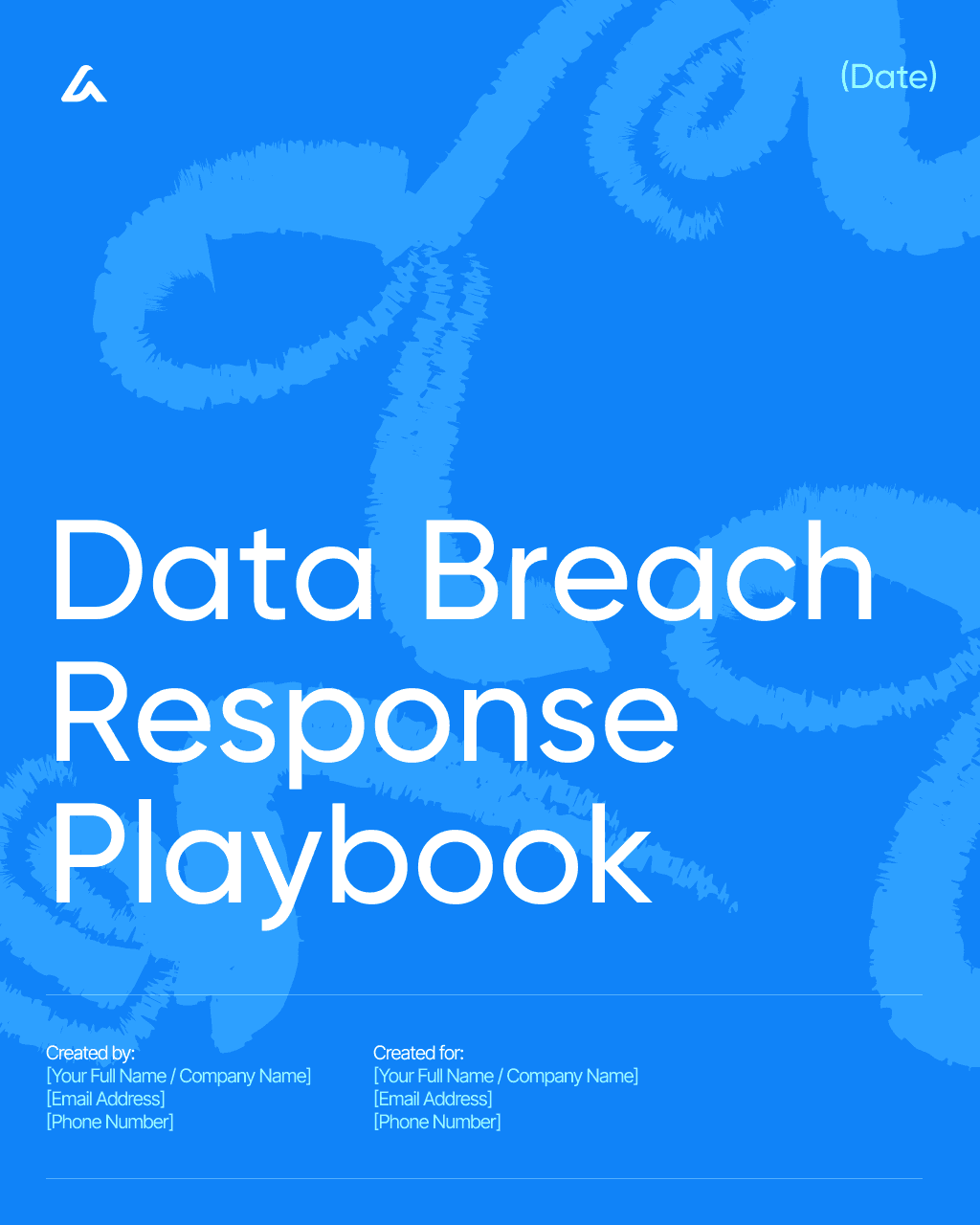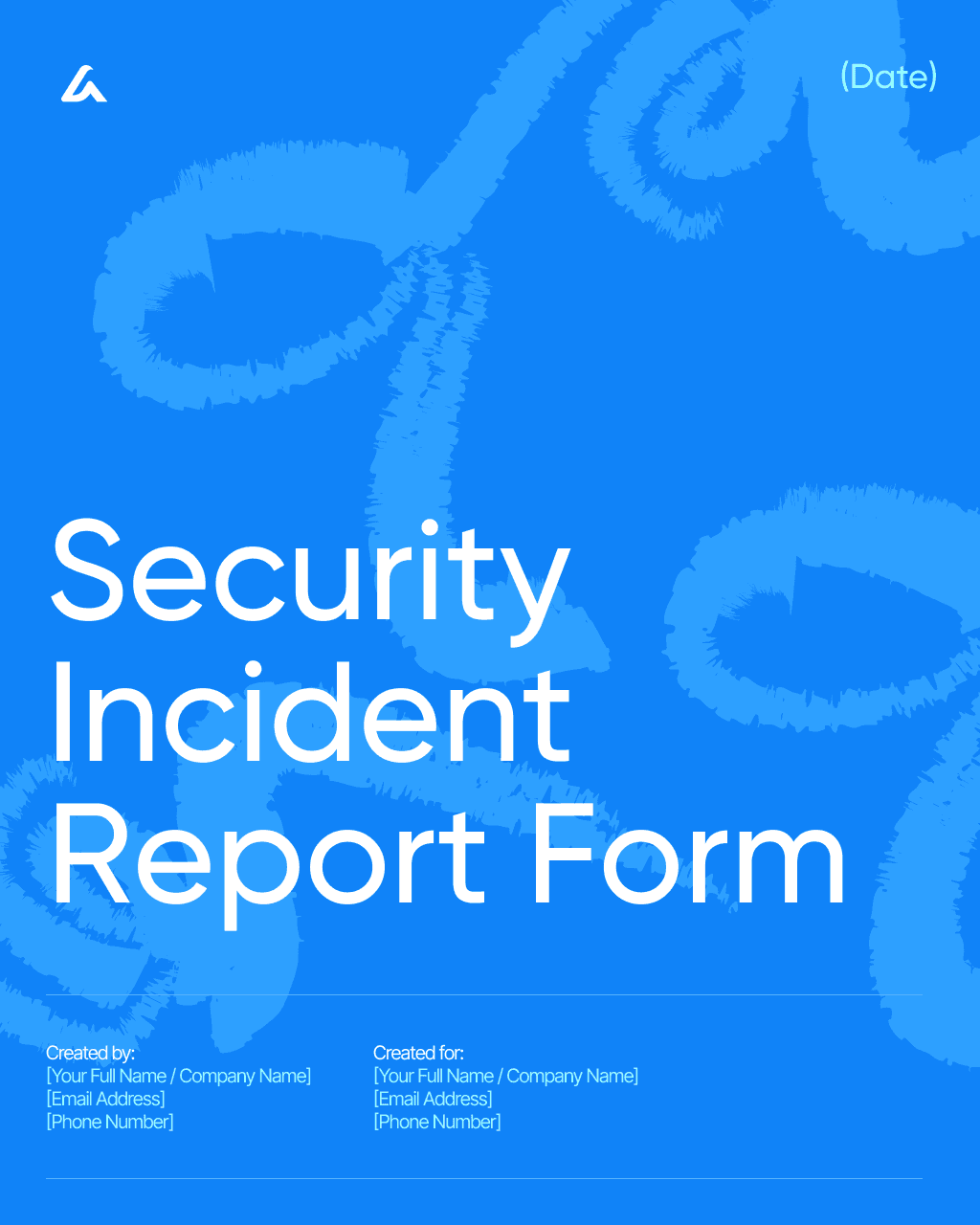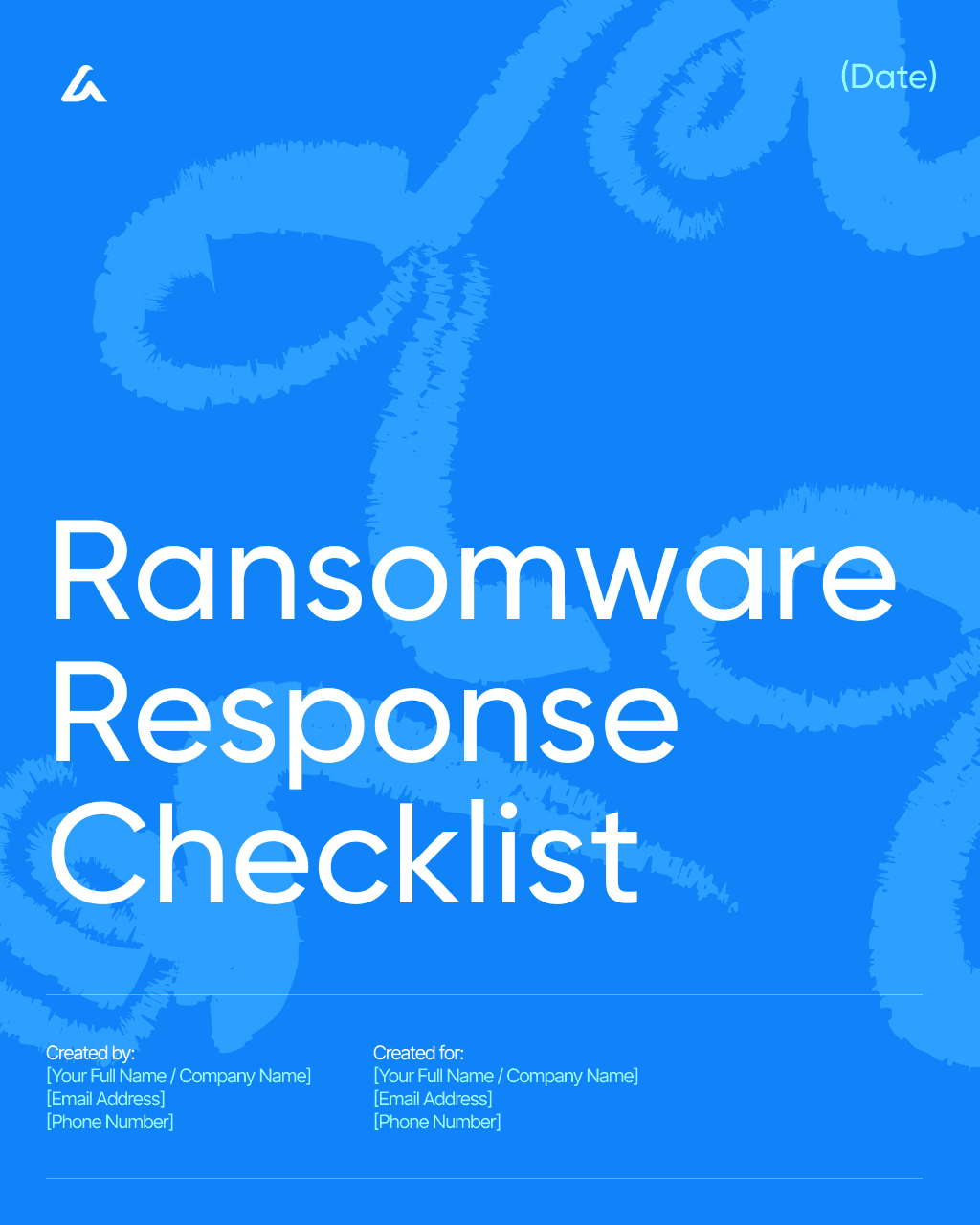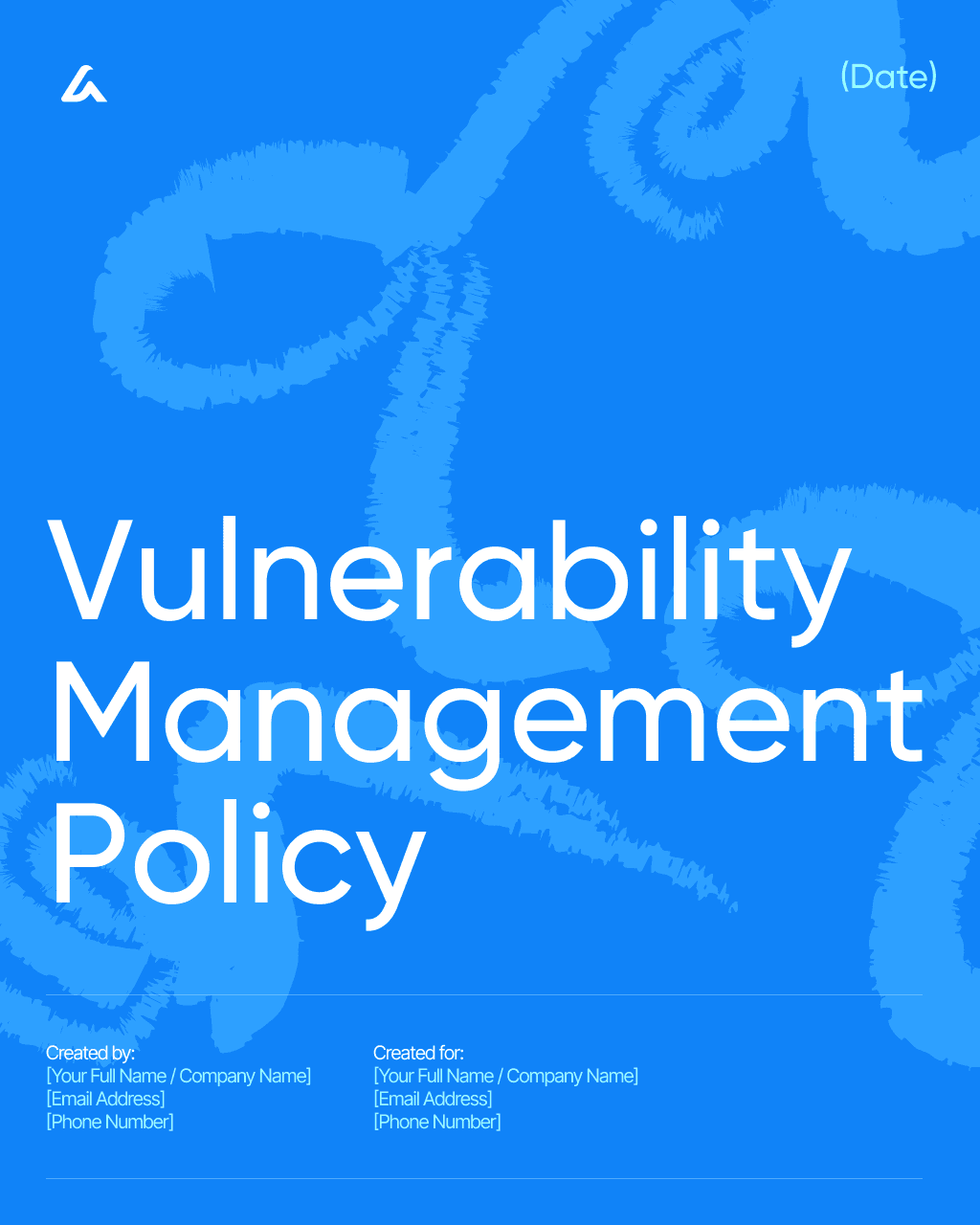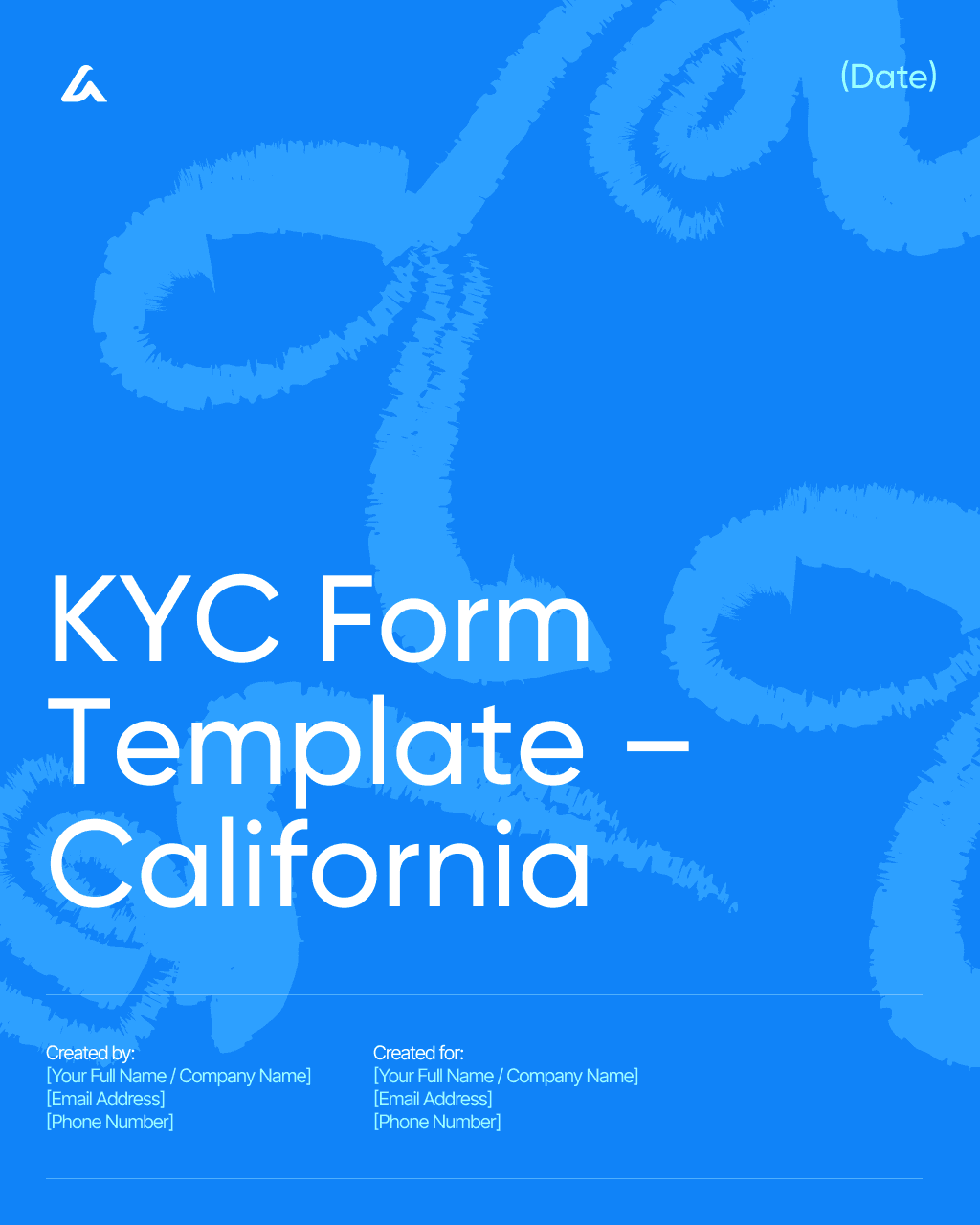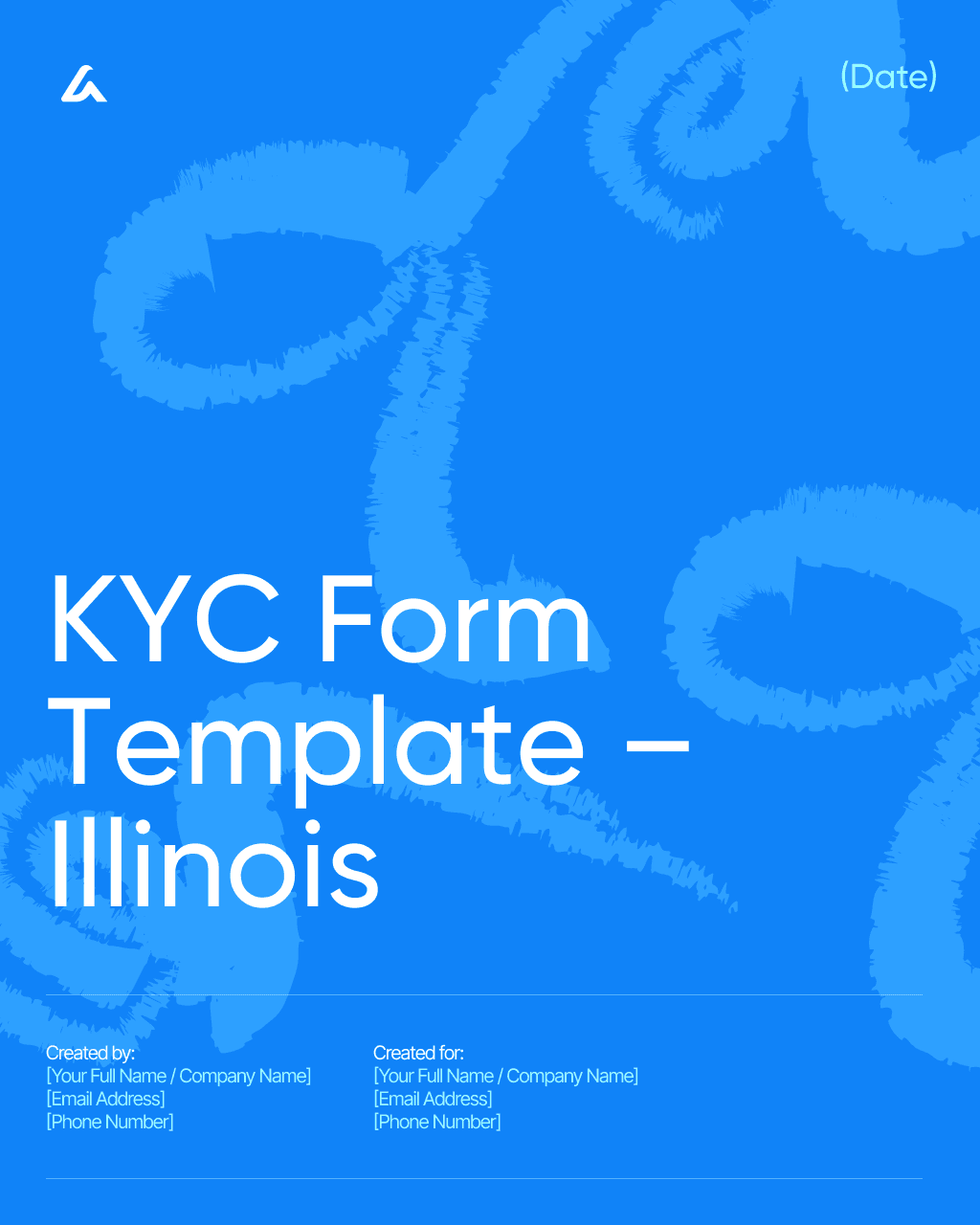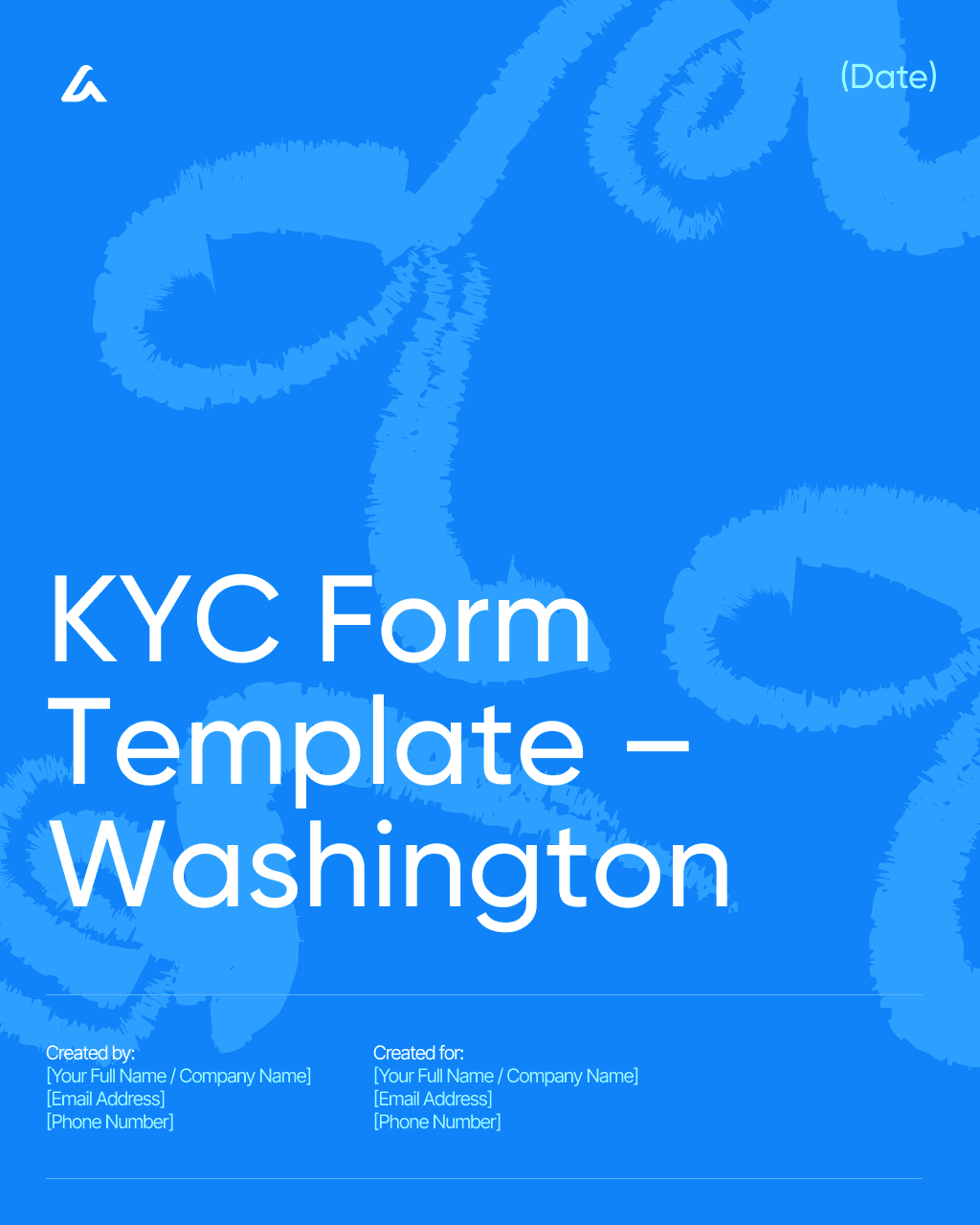Free template
Records Retention Policy Template: Storage, Disposal & Compliance
Records Retention Policy Template: Storage, Disposal & Compliance
Download template
Records Retention Policy Template
This Records Retention Policy (“Policy”) is adopted by [Company Name] on [Date] to ensure consistent management, storage, and disposal of business records.
1. Purpose
The purpose of this Policy is to establish procedures for retaining, archiving, and disposing of records to comply with applicable laws, support operational needs, and protect sensitive information.
2. Scope
This Policy applies to all employees, contractors, and third parties who create, maintain, or dispose of records on behalf of [Company Name]. It covers both physical and electronic records.
3. Record Categories
Records include but are not limited to:
Financial documents (invoices, ledgers, tax filings)
Legal documents (contracts, agreements, licenses)
Employee records (payroll, performance, HR files)
Operational records (policies, procedures, manuals)
Electronic communications (emails, messaging, digital files)
4. Retention Periods
Financial Records: Retained for [7 years] unless otherwise required.
Employee Records: Retained for [X years] after termination.
Contracts and Agreements: Retained for [X years] after expiration.
Corporate Governance Records: Retained permanently.
Electronic Records: Retained according to applicable categories.
5. Storage and Security
Records must be stored securely, with access limited to authorized personnel.
Electronic records shall be backed up regularly and stored on secure servers or cloud systems.
Sensitive records must be encrypted or stored in locked facilities.
6. Disposal of Records
Records that have reached the end of their retention period must be securely destroyed (e.g., shredding, deletion from systems, wiping of electronic media).
Disposal must be documented, and approvals obtained when required.
7. Litigation Holds
In the event of litigation, audit, or investigation, all relevant records must be preserved, even if their retention period has expired. A litigation hold notice will override normal destruction schedules.
8. Responsibilities
The [Compliance Officer/Records Manager] is responsible for monitoring compliance with this Policy.
Department heads must ensure records in their areas are managed according to retention requirements.
Employees must follow procedures for record creation, storage, and disposal.
9. Training and Awareness
Employees shall receive training on this Policy, including how to handle electronic and physical records properly.
10. Review and Updates
This Policy shall be reviewed at least annually and updated to reflect changes in business operations, legal requirements, or industry standards.
11. Governing Law
This Policy shall be governed by the laws of [State/Country].
Acknowledgment
I acknowledge that I have read, understood, and agree to comply with this Records Retention Policy.
Employee Name: ____________________________ Date: _________
Signature: ________________________________________________
Flash deal
Flash deal
Today
Today
No time to fill it up? Generate your custom agreement with AI Lawyer in seconds
What’s Included
Legal Research
Legal Research
Legal Research
Contract Drafting
Contract Drafting
Contract Drafting
Document Review
Document Review
Document Review
Risk Analytics
Risk Analytics
Risk Analytics
Citation Verification
Citation Verification
Citation Verification
Easy-to-understand jargon
Easy-to-understand jargon
Easy-to-understand jargon
Details
Learn more about
Records Retention Policy Template: Storage, Disposal & Compliance
Click below for detailed info on the template.
For quick answers, scroll below to see the FAQ.
Click below for detailed info on the template.
For quick answers, scroll below to see the FAQ.
RECORDS RETENTION POLICY FAQ
What is a Records Retention Policy?
A Records Retention Policy is an internal policy that sets rules for retaining, archiving, and destroying business records in accordance with legal, regulatory, and operational requirements.
Why is a Records Retention Policy important?
It ensures compliance with laws and regulations, reduces legal risk, improves efficiency, and prevents unnecessary storage costs. A clear policy also strengthens data security and supports litigation readiness.
When should a company implement a Records Retention Policy?
Every organization should implement a Records Retention Policy as soon as it begins creating and storing business records. It is especially critical for industries subject to strict compliance rules, such as finance, healthcare, and government contracting.
What should a Records Retention Policy include?
It should define record categories, retention periods, storage methods, responsibilities, procedures for secure disposal, and exceptions for litigation holds or audits.
Does a Records Retention Policy apply to electronic records?
Yes. A comprehensive policy covers both physical and electronic records, including emails, databases, and cloud-stored documents, to ensure consistent retention across all formats.
Need a customized Records Retention Policy?
Use our AI-powered builder to generate a tailored Records Retention Policy in minutes — professional, compliant, and ready to implement.
Similar templates
Other templates from
Policy and Compliance Documents
Money back guarantee
Free trial
Cancel anytime
AI Lawyer protects
your rights and wallet
Money back guarantee
Free trial
Cancel anytime
AI Lawyer protects
your rights and wallet
Money back guarantee
Free trial
Cancel anytime
AI Lawyer protects
your rights and wallet
Money back guarantee
Free trial
Cancel anytime























































